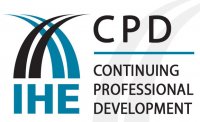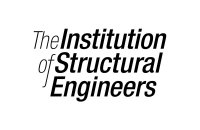If you work with civil, structural, building or development work in any capacity, contaminated land can affect your project.
This course provides a basic understanding of the complex legislation and science behind the investigation and remediation of contaminated land. It will help you identify problems that might impact your site, and commission the right consultant at the right time in your project. As legislation and best practice techniques change, and new technologies become available, you cannot afford not to understand the basics of land contamination.
At the completion of the course, successful participants will be able to evaluate appropriate investigation techniques and associated costs for the assessment and remediation of land contamination.
Aims & Objectives:
On completion of this course, delegates will be able to:
- Describe current legislation and best practice as it applies to land contamination
- Assess the content and suitability of site investigation and remediation reports
- Evaluate proposals for contaminated land assessment or remediation
- Understand the regulatory process and planning process as they apply to contaminated land
- Evaluate development impacts resulting from land contamination issues
- Determine when professional consultation is necessary
Course Outline:
- Introduction to the legislation and best practice guidance
- Detail the process of identifying and investigating contaminated land, including creating the conceptual model
- Describe best practice for site walkover surveys and intrusive investigations
- Provide detailed information on contaminants of concern, laboratory analysis and soil guideline values
- Introduce the tools and methods for undertaking site specific risk assessments, including detailed quantitative risk assessments
- Introduce a variety of remediation techniques and their applications
- Undertake several independent and group exercises to apply the skills gained during the lectures
The day includes a series of lectures and interactive individual and team exercises to engage delegates in the process of active learning.
- Individual exercises correspond with individual lecture topics
- A group exercise utilises the outcome of individual exercises and encourages delegates to consider conflicting requirements of technical and legal requirements versus budgeting
Intended For:
The course will be appropriate for Developers, Architects, Civil Engineers, Contractors, Quantity Surveyors, Project Managers, and Planners.
Participants are encouraged to familiarise themselves with the following documents before the course date:
- Planning Policy Statement 23 (PPS23)
- Environmental Protection Act 1990, Part 2A (Defra Circular 01/2006)
- Model Procedures for the Management of Land Contamination (CLR11)








